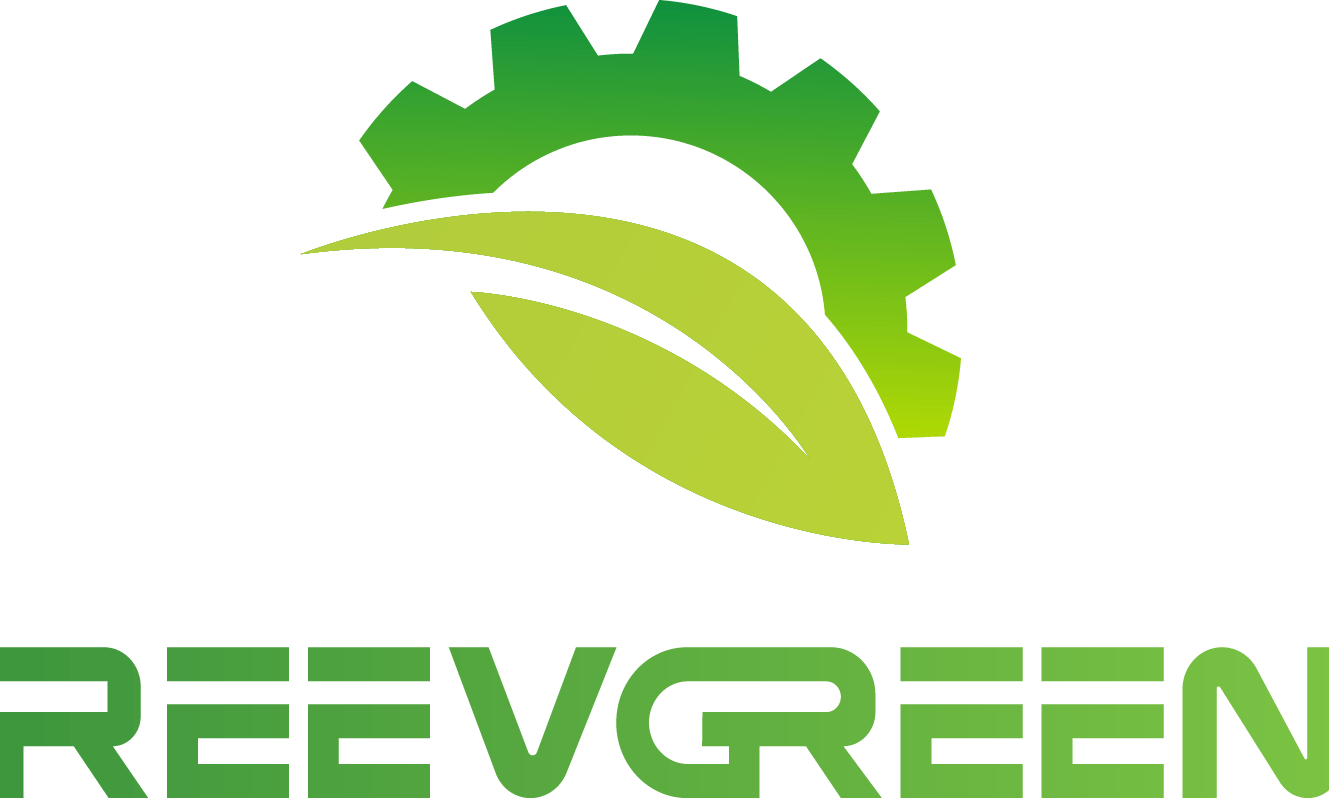ECO (Energy Company Obligation)
The ECO is a government scheme in Great Britain which works to enhance energy efficiency in order to overcome fuel poverty and reduce carbon emissions.
How Does ECO work?
ECO operates by imposing a Home Heating Cost Reduction Obligation (HHCRO) on medium and large energy suppliers. Under HHCRO these obligated suppliers are required to promote energy-saving measures for low-income and vulnerable households, like insulation and heating system upgrades, to reduce energy usage. Suppliers are allocated targets based on their market share of domestic gas and electricity.
Who is the scheme for?
The scheme primarily targets individuals and families experiencing fuel poverty. Homeowners and tenants are eligible to benefit from the ECO program’s energy efficiency initiatives.
Who is eligible?
Your home must be made more energy efficient if you want to qualify for help from ECO. They’ll evaluate which upgrades might be most beneficial for your house. Even if you live in joint housing, you must be the owner of your property or have permission from your landlord to rent.
You might qualify for ECO if you have following benefits:
Child Benefit
Pension Guarantee Credit
Income-related Employment and Support Allowance (ESA)
Income-based Jobseeker’s Allowance (JSA)
Income Support
Tax Credits (children and working tax credits)
Universal Credit
Housing benefit
Pension credit saving credit
Important Note about ECO Eligibility
Just because you’re eligible for ECO doesn’t assure that an energy supplier or installer will decide to upgrade your home with energy efficiency measures.
ECO Stages
1.ECO1
ECO’s trip began in January 2013 and concluded in March 2015. Large energy companies were required to contribute toward cost-cutting and carbon emission-reduction targets. They achieved remarkable savings of £5.16 billion in energy costs and 28.2 metric tons of CO2.
2.ECO2
This initiative, which operated from April 2015 to March 2017, raised the standard for benefits to consumers and the environment. This phase was referred to as ECO2t and was extended by the government until September 2018. The program was successful even though some businesses like Utilita, npower, and the now-defunct Extra Energy, failed to fulfill their duties. In addition to saving £6.89 billion for customers, it also saved 27.4 metric tons of CO2.
3. ECO3
Expanding its footprint, ECO3 ran from April 2018 to March 2022. Suppliers were forced to provide free boilers, electric heating systems, and insulation alterations, among other energy-saving measures. 896,000 home repair projects were approved by Ofgem as part of the £2 billion initiative, but only 134,000 new boilers were installed; a decrease in the original expectations. Long-term savings of £8.25 billion were the goal of ECO3, and the program’s effectiveness will be assessed upon the release of the results in October.
4. ECO4
The Energy Company Obligation’s latest version, ECO4, aims to improve a property’s energy efficiency for tenants or owners who qualify for specific benefits or have low incomes. This phase, which runs from April 2022 to March 2026, requires businesses with more than 150,000 clients to install smart heating controls, fix inefficient heating systems, and fit solid wall insulation.
ECO4 restricts the amount of free boiler installs annually to 5,000, rather than 134,000 in ECO3. Furthermore, free LPG or oil boilers are not included in the ECO4’s annual cap of 5,000 boiler repairs. Rather, 150,000 homes are the aim for raising Energy Performance Certificate (EPC) ratings.
Houses with ratings of F and G need to improve to at least a D grade, and those with ratings of D and E need to at least get a C rating. For the duration of the program, 90,000 households must install solid wall insulation. However, 400,000 homes become ineligible when disability payments are removed from the eligibility criterion, raising questions over availability.
While ECO4 Flex has been revised and expanded, it is still optional for low-income households. This gives rise to concerns regarding unequal access to the £2 billion fund, which might lead to a lottery based on postcode.
Even though ECO has improved 2.4 million households since 2013, ECO4 intends to help 450,000 more homes during its four-year duration constituting a 58% drop in annual assistance when compared to the previous stages.
ECO4 Eligibility
You may be eligible for assistance under ECO4 if you receive any of the following:
Income-based Jobseekers Allowance (JSA)
Income-related Employment & Support Allowance (ESA)
Income Support (IS)
Pension Credit Guarantee Credit
Working Tax Credit (WTC)
Child Tax Credits (CTC)
Universal Credit (UC)
Housing Benefit (new eligible benefit under ECO4)
Pension Credit Savings Credit (new eligible benefit under ECO4)
Benefits which no longer qualify
Individuals will no longer be qualified for ECO4 support if they have the following benefits:
Armed Forces Independence Payment
Attendance Allowance
Carer’s Allowance
Constant Attendance Allowance
Disability Living Allowance
Industrial Injuries Disablement Benefit
Personal Independence Payment
Severe Disablement Allowance
War Pensions Mobility Supplement
Conclusion
If you are on any of the above benefits then you may no longer be eligible for ECO4 support, but you still have few options. For instance, you can get in touch with your local council as 50% of the scheme’s £4 billion funding will be granted to local authorities, suppliers, and the Scottish and Welsh governments to help households facing fuel poverty.
If you fit the criteria for ECO4 or any of the supplier programs mentioned above, it is highly recommended that you take advantage of this opportunity and receive the support you are entitled to.
